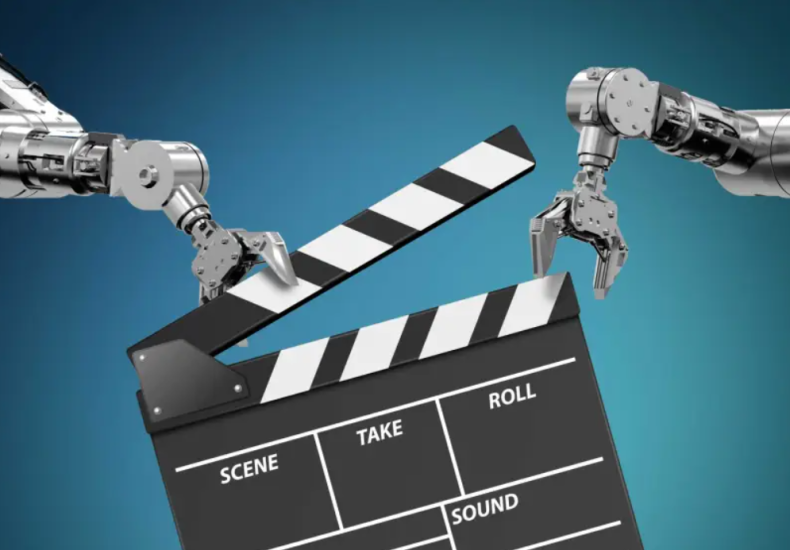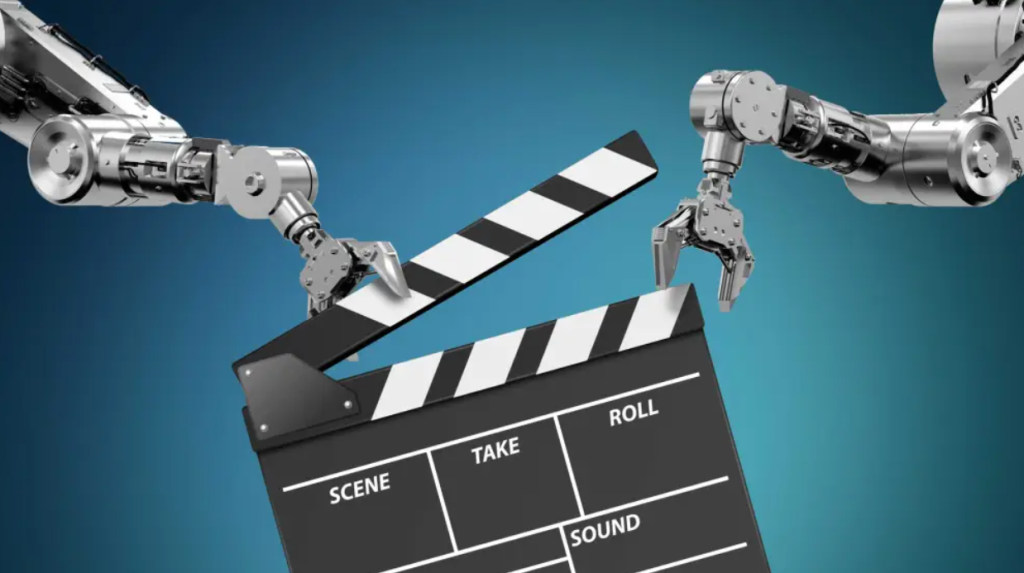
AI in the Film Industry: Creative Tool or Threat to Filmmakers?

The use of AI in the film industry has sparked growing debate among creators and professionals. While the technology brings significant improvements in efficiency and productivity, it also raises concerns about the potential replacement of human creativity in filmmaking.
🎬 AI Enhances Film Production
One major advantage of AI in the film industry is its ability to streamline production tasks. From video editing, sound design, to visual effects, AI-powered tools can now perform complex processes in a fraction of the time. Generative AI can even turn scripts into visual storyboards automatically—cutting production costs and saving time.
⚠️ A Threat to Creative Jobs?
Despite its benefits, many in the creative field feel threatened. AI tools like ChatGPT can assist in scriptwriting, and AI-generated characters or scenes may reduce the need for traditional animators and designers. This raises fears that human emotional depth and artistic nuance might be lost. Some film unions have already started demanding clearer regulations to protect creative workers.
🤝 Collaboration, Not Replacement
Rather than rejecting AI entirely, the film industry must learn to use it responsibly. AI in the film industry can be a powerful support system if it’s treated as a collaborator—not a replacement. When combined with human intuition and emotional intelligence, AI has the potential to enhance—not diminish—cinematic storytelling.
🔮 The Future of AI and Cinema
AI will never fully replace the human touch that defines great cinema. While it can handle technical aspects, creativity, empathy, and vision remain deeply human traits. If properly regulated and ethically used, AI in the film industry could usher in a new era of creative possibilities—where technology empowers, not replaces, the filmmaker.